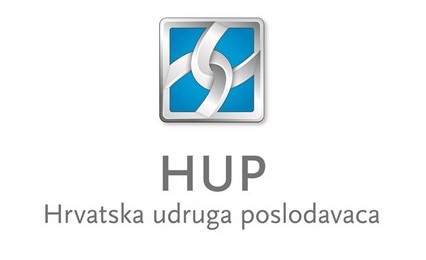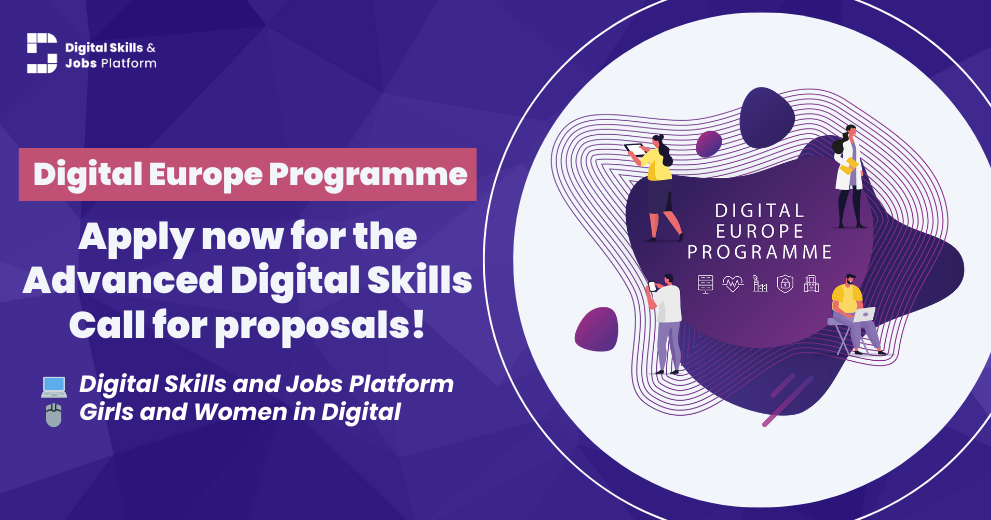At a time when digital skills and competences are crucial for success in society, it is essential to look at how prisoners in the Prison and Probation Service can achieve these skills. Our team at DSJC Denmark spoke to Mads Mygenfordt, prison teacher at Storstrøm Prison, who shared his views on the ways on transforming digital education in Danish prisons.
Mads Mygenfordt has a clear vision for digital education – as a member of the Danish Prison and Probation Service Association and an experienced teacher of Danish, mathematics and English at AVU level, his perspective on digital education is deeply rooted in his daily work and commitment. Alongside these tasks though, he is also instrumental with his contribution to improving digitalisation efforts in prisons and for inmates – something that today’s society overlooks to a great extent.
“I wish we had similar conditions as you have outside the walls, but it is unrealistic because there are primarily some security and economic aspects. On the security side, data search without internet access is the biggest obstacle. What will be self-evident if you take an education or lead a normal adult life outside, we cannot do here.”
Digital inclusion at its finest: for those left behind
Mads points out the importance of giving the inmates general IT skills, as society today is highly digitised: and basic digital skills are required to participate in society and the world of work. He explains that this is a significant concern:
“It means that as a citizen of a society, you feel excluded because you don’t actually know anything about it. It is also significant for some that they are not able to help their children with much.”
In addition, there are the challenges that prisoners face when they have to deal with digital communication with public authorities and access to digital services such as E-Books, SKAT and banking services. To achieve this goal, Mads believes that inmates must have knowledge of how, and the opportunity to work with, the digital sphere. He talks about various options such as using offline tablets and stand-alone computers that can be used under supervision. He also mentions programs like AutoCAD that can help inmates acquire relevant skills.
The future of digital skills in prisons
When it comes to making decisions about implementing digital education opportunities, Mads Mygenfordt acknowledges that it is a challenging process. He says, “We at the Danish Prison and Probation Association can only make recommendations. We can mention it at meetings in the system either from inside or outside and then tell the Directorate of Probation and Probation to take it to the politicians.”
This is also one of the reasons that Mads calls for more transparency and a clear action plan for digital education in the Prison and Probation Service. He thinks an action plan is needed to mobilise all actors and make sure everyone is speaking int he same language. Clear direction and set objectives are another must-have. He sees an urgent need for a dialogue on the need to foster digitalisation in the Danish Prison and Probation Service System – if Danish society is to give prisoners better opportunities for successful reintegration into society.
He concludes by expressing his greatest wish for the digital future of the Danish Prison and Probation Association, namely that everyone has the opportunity to gain the necessary digital skills without compromising security, finances or legislation. He wants the inmates to have the right IT options to help them achieve a meaningful life after serving their sentence. In his own words, “It’s about giving people better opportunities to get back out into society after they’ve spent time in the Prison and Probation Service.”
Saznaj više
-
Digitalna tehnologija / specijalizacija:
Digitalne vještine
-
Razina digitalnih vještina:
Osnovno
Srednja
-
Geografski opseg - Država:
Danska
-
Vrsta inicijative:
Nacionalna inicijativa




